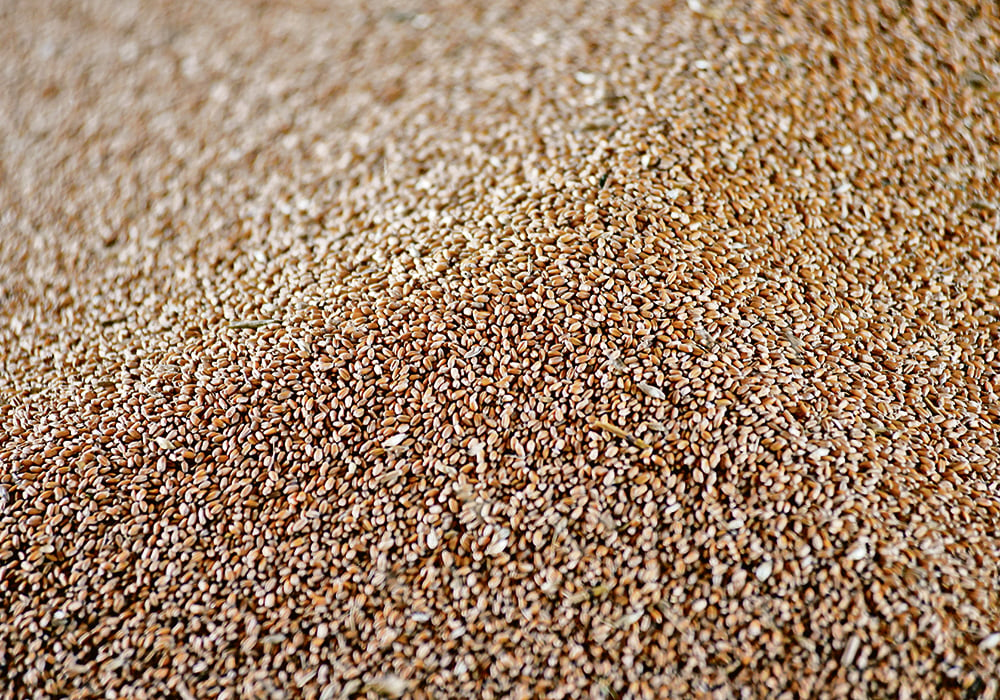The annual seed guides have arrived, bringing farmers reliable information on which to base this year’s variety choices.
These publications have a long history of providing objective, science-based information.
The seed guides also present information regarding the varieties’ intellectual property status. While often overlooked when choosing a new variety, this information should be considered — especially now that some varieties are being sold with a Variety Use Agreement.
The VUA is a pilot project of Seeds Canada in which some companies make specific new varieties available only under a contract requiring the farmer to pay the company a fee every time they use the variety for farm-saved seed.
Read Also

High prices see cow-calf producers rushing to incorporate
Farm accountants are reporting a steady stream of cow-calf producers rushing to get their operations incorporated ahead of selling their calves this fall.
Since the government amended Canada’s Plant Breeders Rights (PBR) Act on Feb. 27, 2015, new varieties have been released under the UPOV 91 PBR framework.
UPOV 91 gives plant breeders sweeping rights over seed, but includes the farmers’ privilege entitling farmers to reproduce, condition, and store varieties for use as seed on their own farms without further royalty payment.
Under UPOV 91, royalties to the PBR holder can be collected only once per sale.
During 2019 consultations, farmers rejected the idea of eliminating farmers’ privilege and paying end-point royalties on their crops or to have trailing contracts that would require them to pay a royalty on their farm-saved seed.
Despite this rejection, Seeds Canada is now test driving a voluntary trailing contract system with its VUA project.
Farmers who participate sign a contract in which they agree to pay the company whenever they use farm-saved seed of the variety. The VUA allows the seed company to collect revenue from these farmers every year after their initial purchase of the variety.
When Parliament was debating the UPOV 91 PBR Act amendments, farmers fought hard to protect the ability to freely use farm-saved seed.
Yet when comparing the intellectual property status of cereal listings in the current seed guide with previous years, it shows a trend toward more royalty-generating varieties.
In 2015, the Saskatchewan Seed Guide listed 193 cereal crop varieties: 21 percent (41) with no PBR and 79 percent (152) with UPOV 78. None had restrictions on producers’ ability to save and plant the seed on their farms.
In the 2022 guide, 15.2 percent (30 varieties) have no PBR, 20.8 percent (41) have UPOV 78, and 61.4 percent (121) have UPOV 91— and five (2.5 percent) are listed as having a Variety Use Agreement, which can only be accessed by farmers who sign a contract agreeing to pay the company an annual fee to use their farm-saved seed to sow future crops.
This restriction on the use of farm-saved seed appears to be an attempt to use commercial contracts to supersede the farmers’ privilege provisions under UPOV 91.
This VUA pilot project may also be intended to normalize the concept of paying companies for farm-saved seed to make it easier for Seeds Canada to convince the federal government to introduce regulatory changes that would make royalty payments on farm-saved seed mandatory on all UPOV 91 varieties.
Even without regulatory change, if VUAs are applied when new varieties are released, there will be a massive transfer of wealth from farmers to seed companies.
Farmers have a choice. It’s time for Canadian farmers to reject the VUA varieties.
David Gehl represents the National Farmers Union on the CFIA’s Variety Registration Task Team.
Cathy Holtslander is NFU’s director of research and policy.















